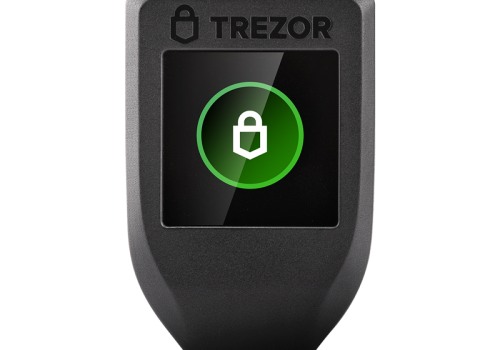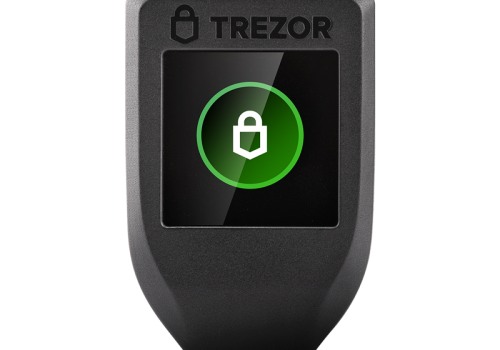A cryptocurrency wallet is an application that allows cryptocurrency users to store and recover their digital assets. As with conventional currency, you don't need a wallet to spend your money, but it certainly helps keep everything in one place. When a user acquires a cryptocurrency, such as bitcoins, he can store it in a cryptocurrency wallet and from there use it to make transactions. If you are going to invest in bitcoins or another digital currency, you will need a crypto wallet in which you can store your cryptocurrency.
A cryptocurrency wallet is a safe place where you can store your proof of ownership of the cryptocurrency you have purchased. These wallets can take different forms. Some of the best crypto wallets are physical hardware devices, while others are computer software programs. Crypto wallets also offer other benefits besides security.
They give you greater control over your digital currency than you will find with most exchange services. Cryptocurrency wallets, or simply cryptocurrency wallets, are places where merchants store the secure digital codes needed to interact with a blockchain. They don't actively store your cryptocurrencies, despite what their name might lead you to believe. For those who actively use Bitcoin to pay for goods in stores or carry out face-to-face operations, a mobile cryptocurrency wallet is an essential tool.
It runs as an application on your smartphone, storing private keys and allowing you to pay, exchange and store cryptocurrencies with the phone. Blockchain is a public ledger that stores data in what are known as blocks. These are records of all transactions, balances held in any given address and who holds the key to those balances. Cryptocurrencies are not stored in a wallet, per se.
Coins exist on a blockchain and the wallet software allows you to interact with balances held on that blockchain. The wallet itself stores addresses and allows its owners to move coins to another location, while also allowing others to see the balance in any given direction. You can imagine your cryptocurrency stored in the wallet in the same way that files are stored on a USB drive, but in fact, the information stored in the wallet only points to the location of your cash on the blockchain, the public ledger that records and authenticates all transactions of a cryptocurrency. This means that you can give several different public addresses and use them to receive cryptocurrencies in the same wallet.
A public key is derived from the private key and serves as the address used to send cryptocurrencies to the wallet. Hardware wallets usually come in the form of a USB drive that allows you to buy, sell and exchange cryptocurrencies while connected to a computer. The best Bitcoin wallets make it easy (and maybe a little fun) to securely store and manage your cryptocurrency wallet. Some wallets allow you to buy or exchange one cryptocurrency for another directly in the wallet for a fee.
But is it okay to keep your cryptocurrencies inside the wallet offered by an exchange like Coinbase or Kraken? The answer to the question of what is a crypto wallet is that it is like a crypto bank account that only you control. So what is the point of a Bitcoin wallet? Instead of storing physical money, the wallet stores the cryptographic information needed to access Bitcoin addresses and send transactions. That's why having a highly secure crypto wallet is more important than ever, whether digital or physical. Like other wallets, as long as you keep the private key secure, you won't lose your crypto assets, even if you lose your wallet.
The deleted wallet, and the cryptocurrencies it contains, can still be seen on Ledger Live, but the wallet will not be seen on the Ledger device itself. Software wallets are unique for each cryptocurrency, while hardware wallets often support multiple currencies (we'll talk about these differences later). .








Leave Message